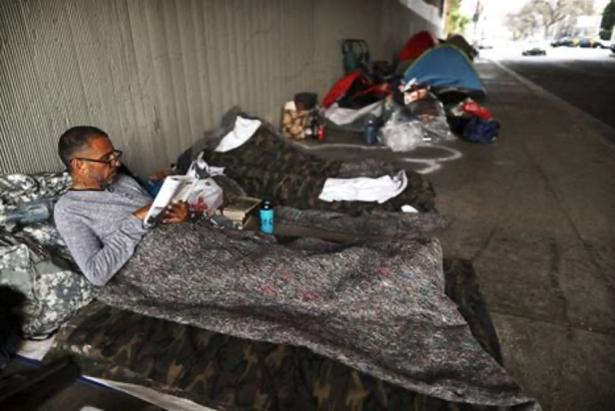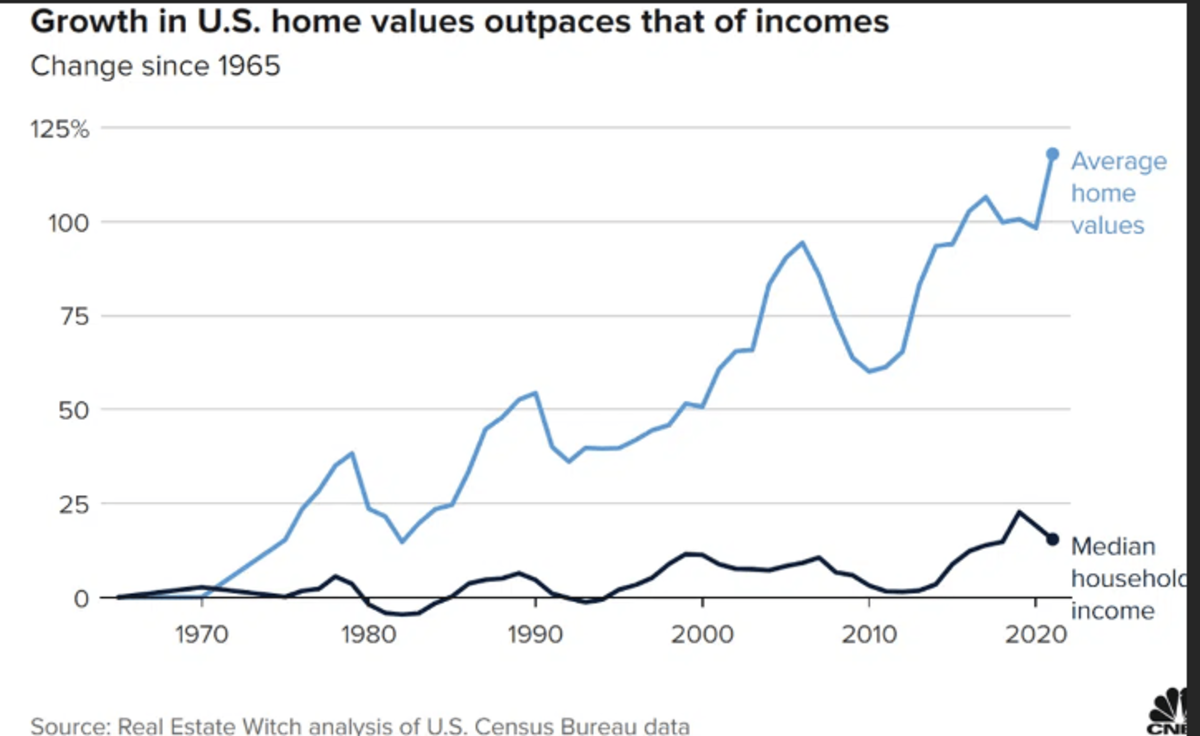The latest Federal Department of Housing and Urban Development report on homelessness should be a wake-up call for those who claim immigrants, drugs, mental illness, domestic migration, and “generous” government programs cause homelessness. Even if these reasons played a role – as opposed to the end of public housing and major increases in economic inequality and housing costs over the last half century -- they cannot explain the 18 percent homeless increase between 2023 to 2024.
These are some of the report’s findings, and they put to rest the many excuses that the pols, mainstream media, and those influenced by them use to blame the victims of the housing crisis.
- At least 770,000 people are homeless in the United States. This figure is an undercount because the data was collected in January, when many cities bar winter evictions and utility shutoffs. These data were also collected before hurricanes Helene and Milton, both of which created homelessness.
- The fastest rising homeless categories are children under 18 (up 33 %) and families (up 40%). Altogether 150,000 children were homeless, and New York City alone has 100,000 homeless students in their public schools.
- California had 181,000 homeless people in January 2024. (Since then, Governor Newsom has turned to sweeps of homeless encampments to create the appearance that the State’s housing policies are working.)
- Homelessness doubled under the Biden administration because of high interest rates, rapidly increasing rents, and declining real wages. Those who expect the Trump Administration to do better should listen to Presidential buddy Elon Musk, “Homelessness is a misnomer. It implies that someone got a little behind in their mortgage. . . What you actually have are violent drugs zombies with dead eyes, and needles and human feces on the street.”
- Housing costs continue to outpace incomes, a finding verified by other researchers, including Harvard’s Joint Center for Housing Studies.
- 43 states reported that housing affordability declined, largely because rent increases exceeded wages. While cost burdens (i.e., paying more than 30 percent of income for housing) increased for all income categories, those with incomes less than $15,000/year paid nearly all of their income for shelter. In contrast, those with incomes of $75,000 or more have virtually no cost burden.
The HUD report is bad news for those who attribute homelessness to personal choice, not social and economic forces. This is demonstrated by the large number of children who are homeless. They obviously did not choose to live on the streets or in temporary shelters. They are the unintended consequence of housing policies that disproportionately impact low-income families priced out of housing.
Those who claim that homelessness is a voluntary lifestyle because of great government benefits simply do not know what they are talking about. Public housing was suspended by the Nixon administration, over 50 years ago. Mental hospitals were mostly shuttered since then. Those priced out of remaining private sector housing face two stark choices. If they are lucky, they can live in overcrowded conditions. The rest become homeless, and in Los Angeles about 1000 homeless people die on the city’s streets each year.
Those whose knowledge of homelessness is based on personal observation, not professionally conducted studies, often believe that mental illness, drinking, drug addiction, and undocumented immigration are the main causes of homelessness. The HUD report and similar studies do not support this misleading impression. NAMI (National Alliance on Mental Illness), reports that 16 million people in the United States have severe mental illness, yet only a small percentage of them are homeless. As for drinking and drug use, about one-third of the homeless use alcohol in excess. Among the general population, 11 percent are alcoholics, now called Alcohol Use Disorder. About 25 percent of the homeless also take street drugs, although many do this to cope with homelessness.
As for undocumented immigration, it is declining, not increasing. Furthermore, these immigrants have a lower rate of criminal activity than those born in the United States.
Conclusion: This new HUD report is clear that public policies, not personal foibles, are the primary causes of homelessness. Those who blame the homeless for their plight can read this report on-line.
Dick Platkin is a former Los Angeles city planner and veteran Planners Network member who reports on local planning issues for City Watch LA, which published an earlier version of this article.



Spread the word